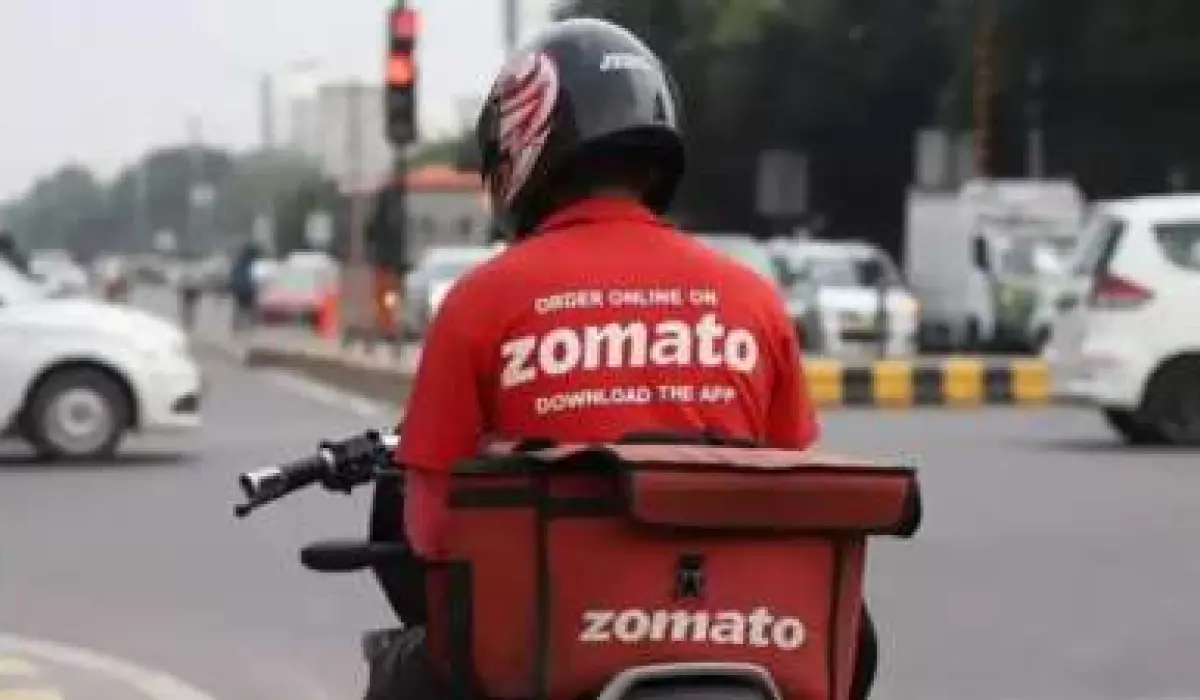STARTUP-STORIES
Zomato Faces Tax Demand of Rs 9.5 Crore from Karnataka Authorities

SUMMARY
Zomato has received a tax demand of Rs 9.5 crore from the Karnataka commercial taxes authority for excess availment of input tax credit for FY20 and plans to appeal against it.
This demand is part of a series of recent tax issues for Zomato, including significant demands from various state authorities and a Rs 402 crore show cause notice from GST authorities, as well as multiple tax disputes involving its now mostly liquidated international subsidiaries.
In a recent regulatory filing, listed food delivery and quick commerce major Zomato disclosed that it has received a tax demand, along with interest and penalty, amounting to Rs 9.5 crore from the Karnataka commercial taxes authority. The company has announced its intention to appeal against this demand, which pertains to the excess availment of input tax credit for FY20.
Series of Tax Demands
This latest demand is not an isolated incident for Zomato. The company has been grappling with multiple similar demands over the past few months:
April 20: Zomato received a tax demand of Rs 11.82 crore for export services provided to its subsidiaries outside India.
April 1: A tax demand of Rs 23 crore was issued by the Karnataka commercial taxes authority for excess input tax credit.
March 15: The deputy commissioner of state tax, Gujarat, raised a demand worth Rs 8.6 crore.
December 30-31, 2023: Three demand orders from Delhi and Karnataka authorities over alleged short payment of GST in 2018, totaling Rs 4.2 crore.
These orders address various issues such as alleged short payment of GST in annual returns, non-reversal of input tax credit on exempted supplies, and incorrect interest calculation on reversed input tax credit.
In addition to these demands, on December 28, Zomato received a significant show cause notice amounting to Rs 402 crore from GST authorities regarding unpaid tax on delivery charges collected from customers. Zomato contends that it is not liable for these taxes, as it only collects fees on behalf of its delivery partners. This notice followed pre-demand notices to both Zomato and its rival Swiggy in November last year, seeking GST of Rs 750 crore.
International Tax Disputes
Zomato has also faced multiple tax demands related to sales made by its international subsidiaries. Notably:
The company received a service tax demand and penalty order exceeding Rs 184 crore for the period from October 2014 to June 2017. This was based on sales made by its foreign subsidiaries and branches to customers outside India.
As part of its restructuring efforts, Zomato has shut down almost all of its international subsidiaries, including those in Singapore, the UK, the US, and South Africa. The company initiated the liquidation process for its Vietnam business on January 5 and for its Polish business, Gastronauci, on December 2 last year.
Zomato's repeated tax demands highlight the complex regulatory landscape in which it operates. The company's decision to appeal against the latest Rs 9.5 crore demand from the Karnataka authorities reflects its ongoing efforts to address and resolve these issues. As Zomato continues to navigate these challenges, the outcomes of its appeals and regulatory interactions will be closely watched by industry stakeholders and investors.
Latest News

STARTUP-STORIES








